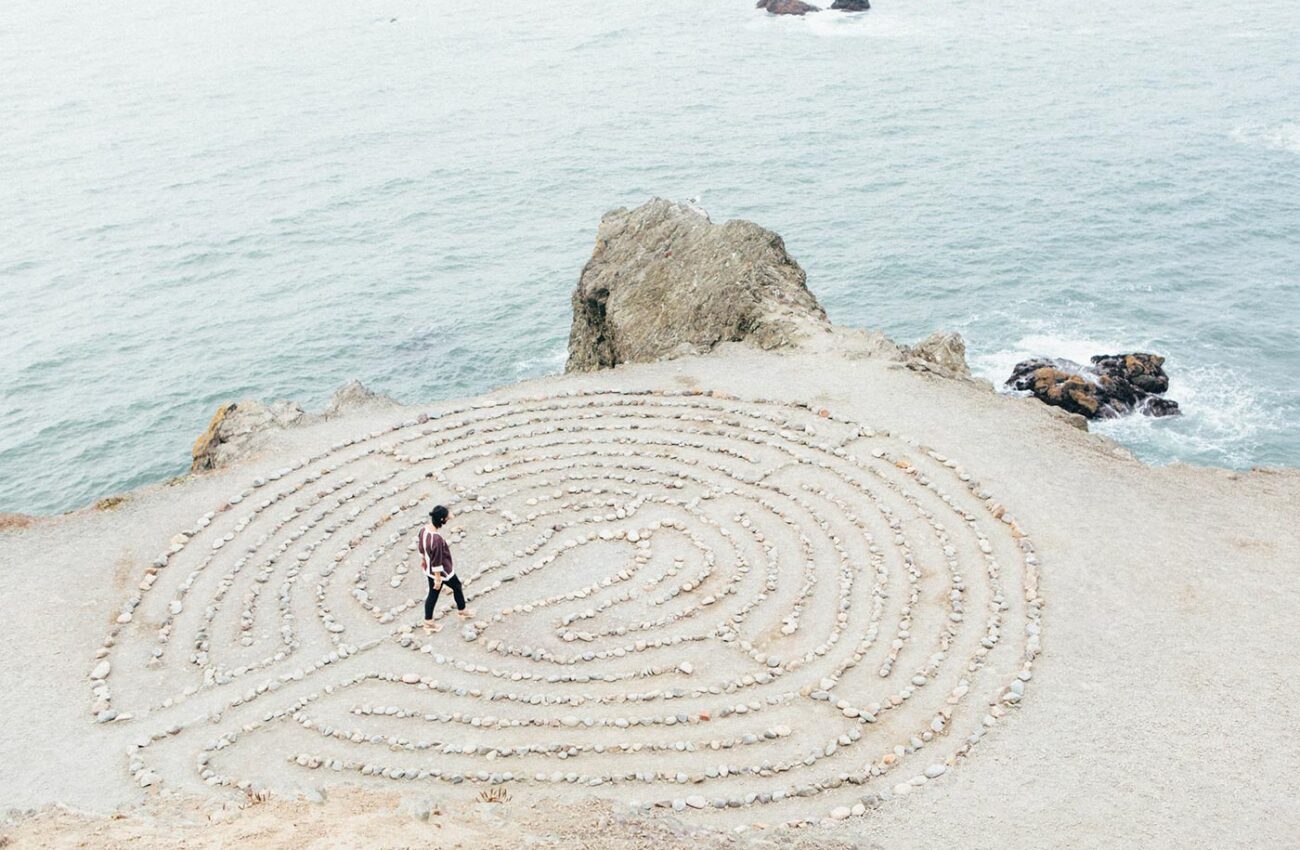Conscious Evolution, Why Now?
November 24, 2020

Spirituality, as a highly growing community, has an abundant diverse mass, as it brings everyone closer to the definite purpose: “being closer to God” (www.cru.org). People, especially Americans, prefer to identify as being “spiritual but not religious or affiliated with any religion” because it feels more open-minded to not set their beliefs in stone (pewresearch.org). Spirituality allows you to indulge in love and self-awareness rather than rules implemented on a written ancient text that form a religious conglomerate, serving as a group of people from a specific region that rely on repenting. Spirituality, overall, brings people together by all means.
Before this millennium, subjective “spirituality” was not as popular as a “faithful community” would be put out to be (www.Radford.act.edu.au). In timely matters, religion has been considered “a common taboo”, as society has conformed humans to prohibit themselves from allegedly uncomfortable conversations, forcing them to innately segregate themselves with like-minded people (sociologygroup.com). Undoubtedly, “spirituality and secularism have been on the rise” especially due to easily-accessible technology (www.vox.com). Today, people can openly indulge in “contemplative practices” such as meditation, yoga, prayer, journaling, etc. (takingcharge.csh.umn.edu).
Over time, religion has become more versatile and rules have become lenient, whereas they were highly enforced prior to this era. Even if people believe in “God”, and grew up with strong affiliation with any particular religion, they are more likely to identify as “spiritual” but not religious (www.theguardian.com). Ultimately, “all spiritual paths [point toward the same] truth, and that is [to] surrender…and to “keep taking control” of the beliefs they truly identify with (www.mariaerving.com). People being less religious affiliated, which is also making them essentially less judgmental, thus more consciously evolved, as wells.
According to statistics, people from age 30 to age 44 have the highest rate of anxiety, which highly affects their societal conformities, which has also allowed them to rely on their own choice of faith (www.GoodRX.com). Anxiety, mental health, and ADD have been becoming more prevalent; the World Health Organization declares that “rich countries are more anxious than poor countries” and statistically, [the higher the possible income, the higher anxiety rates equate to] (www.who.com). For decades, people have experimented with psychedelic drugs to expedite their spiritual experiences for personal growth (trippingly.net). Most people, all from “different cultures throughout history” have experimented with different drugs and chemicals to “alter their consciousness for spiritual exploration” (World Science Festival Channel). In the grand spectrum of religious matters, one would conclude that “religion [should] strengthen community,” however often it divides us (www.zocalopublicsquare.org).
In the 60s, people were pro- “peace, love, and happiness”, but the Hippie movement was more drug-based – even though people were becoming more easy-going and connected and open-minded, they were heavily using drugs which disallowed them to indulge in spirituality mindfully (https://medium.com/california-countercultures/progression-stubbornness-and-prevalence-of-psychedelic-culture-in-the-hippie-sixties-2f0fa3f6519). Today, people have been influenced by this movement, and can attest that they become more spiritual through their connection to nature. There has been an incline in usage of “ayuhuasca, LSD, MDMA, psilocybin mushrooms,” etc while people are enjoying indulging in “mystical experiences” that enhance feelings of “awe, positive emotions, joy, peace, love”. (https://www.psychologytoday.com/us/blog/unique-everybody-else/201212/the-spirituality-psychedelic-drug-users), so people are becoming more self-aware and desire to heal their traumas and utilize these substances in honor of that intention. People also rely on their spiritual experiences with psychedelics, which are very popular in healing oneself spiritually and heal anxiety, depression, and other traumas (https://www.apa.org/news/press/releases/2018/08/psychedelic-drugs-heal). Many states in the USA are “legalizing cannabis,” as it is a plant, and (https://statelaws.findlaw.com/criminal-laws/drug-possession.html). Even as a drastic example, the state of Oregon has completely “decriminalized the possession of drugs” (https://www.washingtonpost.com/nation/2020/11/04/election-drugs-oregon-new-jersey/).
Overall, there is more spiritual information at people’s fingertips due to “technological access”, which has progressed freedom of speech and free-will exponentially (technologyreview.com). Many people can see things differently and feel connected to what they choose to put effort into researching. The access to retrieve credible information has been heavily limited due to a lack of technology and an innate compliance of culture and societal norms. However, today, people have more access to objective research and subjectivity rather than conforming to societal norms. More or less, there is a profound conscious shift that people are experiencing. The more people contend to religious affiliations, the more they will most likely broadly continue seeking spirituality. Therefore, the evolution of consciousness is accelerating.